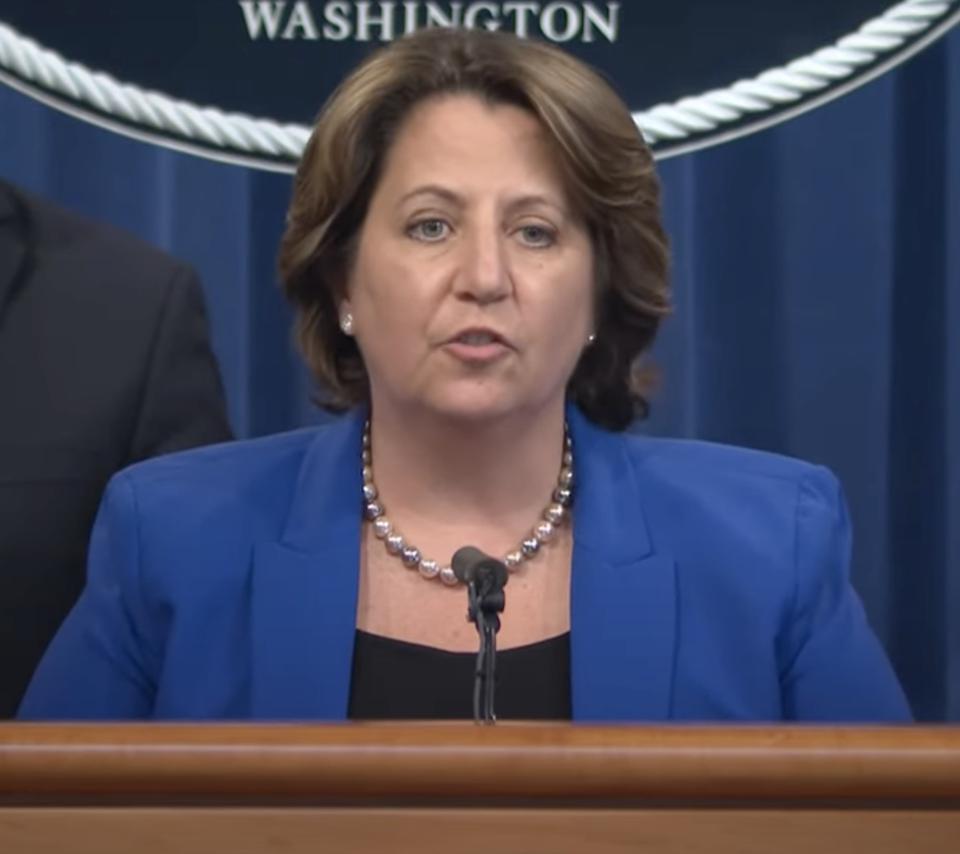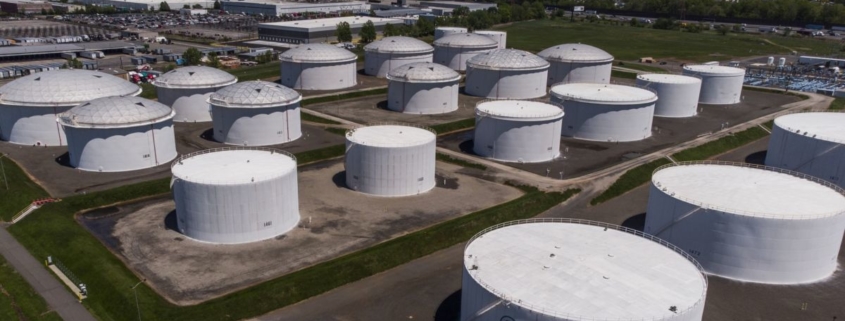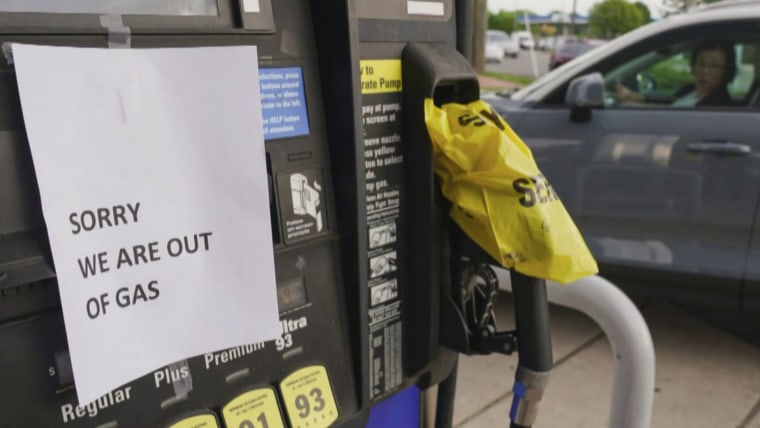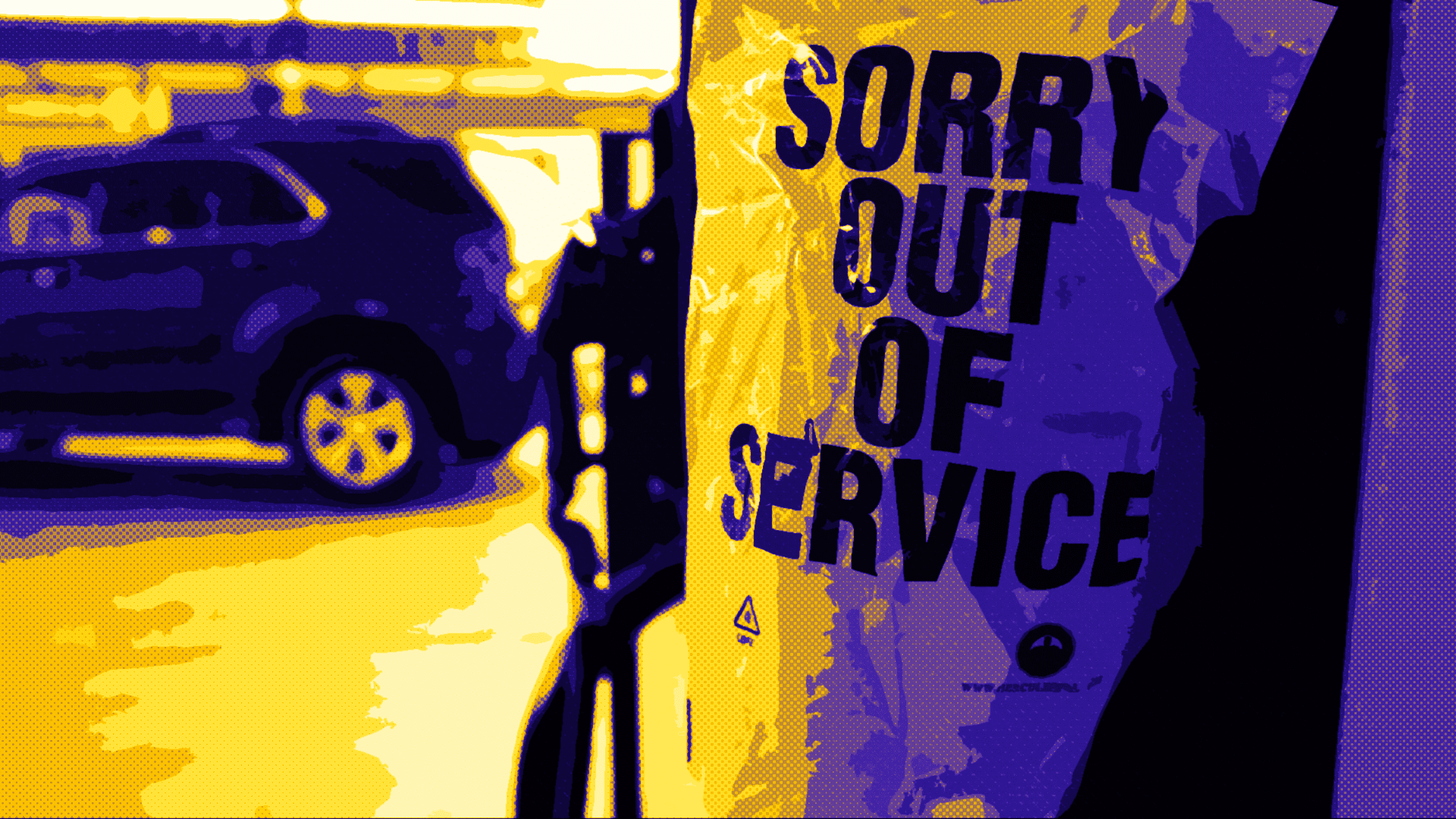US Recovers Millions In Bitcoin Paid During The Colonial Pipeline Attack
U.S. officials announced in a press conference Monday afternoon the successful recovery of some of the funds paid in the recent Colonial Pipeline hack. Deputy Attorney General Lisa Monaco of the Department of Justice noted that the scope of the investigation involved “…going after an entire ecosystem that fuels ransomware and digital extortion attacks including criminal proceeds in the form of digital currency.” Monaco declared, “…we will continue to use all of our tools and all of our resources to increase the cost and the consequences of ransomware attacks and other cyber-enabled attacks.” Paul Abbate, the deputy director of the FBI, said the bureau successfully seized the ransom funds from a bitcoin wallet that DarkSide used to collect Colonial Pipeline’s payment.
Colonial Pipeline temporarily shut down its operations on May 7 after Russian-based criminal hackers from the organization DarkSide broke into its computer system, stalling a company that provides almost half of the fuel to the East Coast of the U.S. While Colonial Pipeline ended up paying $4.4 million in digital currency, the amount that was recovered today was not revealed.
The United States Department of Justice had recently instructed the U.S. Attorney’s Offices across the country to coordinate cases involving ransomware, cyberattacks, and illicit marketplaces with a newly created ‘Ransomware and Digital Extortion Task Force’. According to Monaco, the Task Force was established to investigate disrupt, and prosecute ransomware and digital extortion activity. “This is the Task Force’s first operation of its kind,” said Monaco.

Deputy Attorney General Lisa Monaco of the U.S. Department of Justice announced on Monday during a … [+]
Message To U.S. Corporations: Improve Your Computer Security Now
According to Monaco, these types of ransomware are more diverse, sophisticated, and dangerous to which no organization is immune. Monaco specifically addressed U.S. corporations in the press conference that the , “…threat of…


 Colonial paid the hackers, who were an affiliate of a Russia-linked cybercrime group known as DarkSide, a $4.4 million ransom shortly after the hack [File: Samuel Corum/Bloomberg]
Colonial paid the hackers, who were an affiliate of a Russia-linked cybercrime group known as DarkSide, a $4.4 million ransom shortly after the hack [File: Samuel Corum/Bloomberg]


